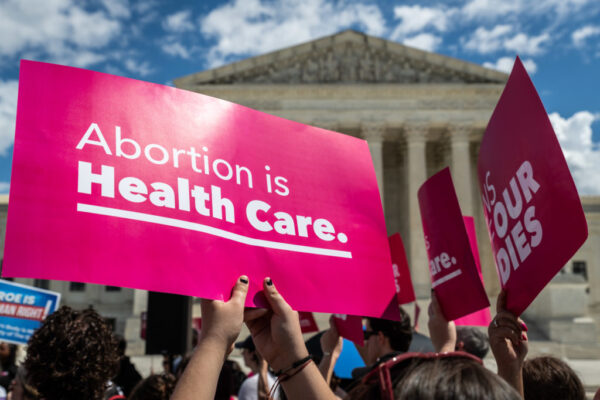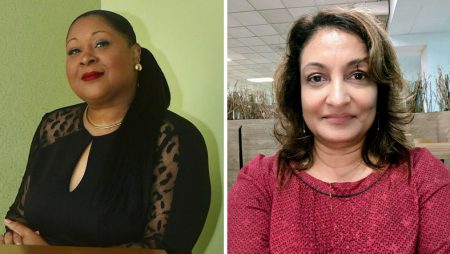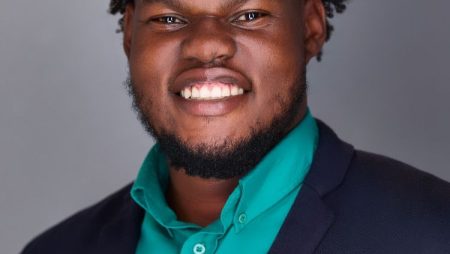The Caribbean Religious Voices for Justice (CRVJ) is a collective of religious leaders in the Caribbean who share core beliefs that human beings are created in God’s image and called to live with responsibility and accountability. We affirm our commitment to fundamental human rights as critical to building a good and wholesome Caribbean. We recognize that women are endowed with the ability to make choices regarding their bodies. Governments, religious institutions, and civil society need to guarantee these rights and provide information, knowledge, and skills for them to make wise and healthy choices.
The CRVJ, in collaboration with the Caribbean Family Planning Affiliation (CFPA), joins the call for urgent reform of restrictive abortion laws in Antigua and Barbuda and Dominica. These outdated regulations, remnants of colonial rule discarded by former colonial powers in 1967, continue to pose significant risks to women and girls, particularly those from impoverished backgrounds. It is imperative that Antigua and Barbuda and Dominica, as independent nations striving for fairness and justice, reform their laws to reflect values that protect the health and well-being of all citizens.
A 2022 survey conducted by Advocates for Safe Parenthood: Improving Reproductive Equity (ASPIRE), a Caribbean pro-choice charity, offers insightful perspectives from religious leaders in Dominica on abortion and its legal framework. This study underscores a diverse range of opinions among Christian leaders, revealing a spectrum of beliefs from strong opposition to strong support for abortion rights. This diversity highlights the complexity of moral and ethical landscapes within the religious community and our shared humanity.
Beliefs on Life and Abortion: 78% believe that a complete human being is created at conception, and 60% view abortion at any stage as murder. These views are rooted in their faith and must be treated with respect, even as we seek dialogue and strive for reform.
Shared Objectives for New Laws: Despite differing beliefs, there is substantial common ground in the goals for new abortion laws. Religious leaders overwhelmingly support:
– Enhancing Health and Family Life Education (HFLE) with a focus on comprehensive sexual and reproductive health education in schools (94%)
– Reducing the number of abortions (94%)
– Eliminating unsafe abortions (86%)
– Minimizing the risk of harm to women and girls with unwanted pregnancies (77%)
These shared objectives mirror the aspirations of the pro-choice movement, paving the way for a unified approach to legislation.
Religious leaders recognize the current law’s limitations:
– 61% acknowledge that abortions are readily available despite legal restrictions.
– 57% see the law as ineffective in preventing abortions.
– 44% understand that the law is irrelevant to women who can afford private physicians or travel.
It is essential to promote understanding and response to the economic and social underpinnings of unwanted pregnancies. Religious leaders can play a vital role in securing attention and action around specific measures, including comprehensive sexual and reproductive health services, a robust and gender-responsive Health and Family Life Education (HFLE) program, improved access and education on contraceptive use, and strengthening dialogue and partnerships with men. These measures will enhance family life and positive community living and outcomes for our children and families.
Concerns about protecting the sanctity of life (58%) and preserving the moral fabric of society (62%) are legitimate and deserve serious consideration and respectful dialogue. In the spirit of justice, compassion, and common purpose, we call on all sides of the abortion debate to engage in constructive dialogue to build a healthy, fit, and flourishing society. By exploring and implementing appropriate measures to assess the impact of legislative changes, we can ensure that our laws reflect shared values and protect our common humanity.
Together, let us work towards an environment where all individuals are treated with dignity and respect. May God bless and strengthen us as we unite in our efforts to promote health and well-being for all.



